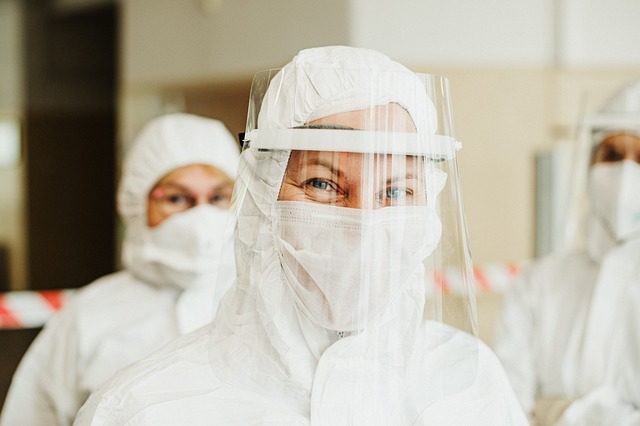The Prep period is student-led and provides students with time to engage with all their supervisors and the project and refine it based on discussions and visits with people outside their immediate supervisory team.
Meetings
- HEI inductions in early October within each Doctoral training division. Students will meet local university peers in their University cohort. These meetings are organised by a relevant local HEI and covers topics including:
- health and safety
- ethics
- local progression monitoring
- GW4 BioMed2 Orientation mid-October: Students will be able to meet all students in all years. Organised by GW4 BioMed2 MRC DTP and includes:
- An introduction to the DTP
- Training
- Initial mentor and mentee meetings
- Day one for the new cohort only
- All cohorts attend day two
- HEI GW4 BioMed2 meeting in mid-November: Students will meet local students in all years. A Social event organised by HEI leads where students will meet current DTP students based at their university.
- Available for all years
- Social-focused event
- Some HEI-specific information will be provided

Training
- A minimum of 3 visits scheduled for October to November:
- Student MUST meet with all co-supervisors listed on the project application form.
- Student MUST visit one co-supervisor/co-supervisor’s lab in an different GW4 university to ensure that there has been early interraction.
- Student could visit someone from a local cross cutting theme/group that is important to the project.
- Student could visit with a local collaborator or lab that uses techniques relevant to the project.
- Visits are to be arranged by supervisor and student as soon as they start
- Supervisors will be forewarned in the summer for preparation
- Funding can be sourced from the RTSG allowance if travel and (or) accommodation is required
- Each placement should be for no longer than 2 weeks but can be shorter
- Only one of the placements must be away from your home University, although can do more if it’s relevant to the project
- For some projects, it might be more useful to have more, short placements if the student wants to meet people in different labs or HEIs
- Students could attend research group meetings locally, or with their co-supervisor, for example in another HEI
- This time can also be used for project-specific training, such as learning a particular analysis method, or Home Office Licence training
- Use the time to consider ideas for the 3-month placement in year 3.
- Have a discussion of expectations for students and supervisors e.g. frequency and location of meetings, timelines for reading written materials, support for techniques.
- Consider and plan any training requirements. This could be short courses at your own or other GW4 universities or externally provided training.
- Define project by writing an outline. Consider creating a budget for the project.
- Check all resources are available with supervisors.
This outline is to be submitted to the DTP in in early January. (Deadline provide don an annual basis). The DTP’s Theme Lead will provide individual feedback and suggestions on the project outline following submission.

Project Outline
The project outline document should be 2 pages in total to include:
- Background
- Research question/hypothesis
- Aims
- Objectives
- Implementation (including resources)
- Expected outcomes
- Risks
- Contingency plans
- Outline of the potential research studies in years 2 and 3, showing where these are contingent on year 1 outcomes




